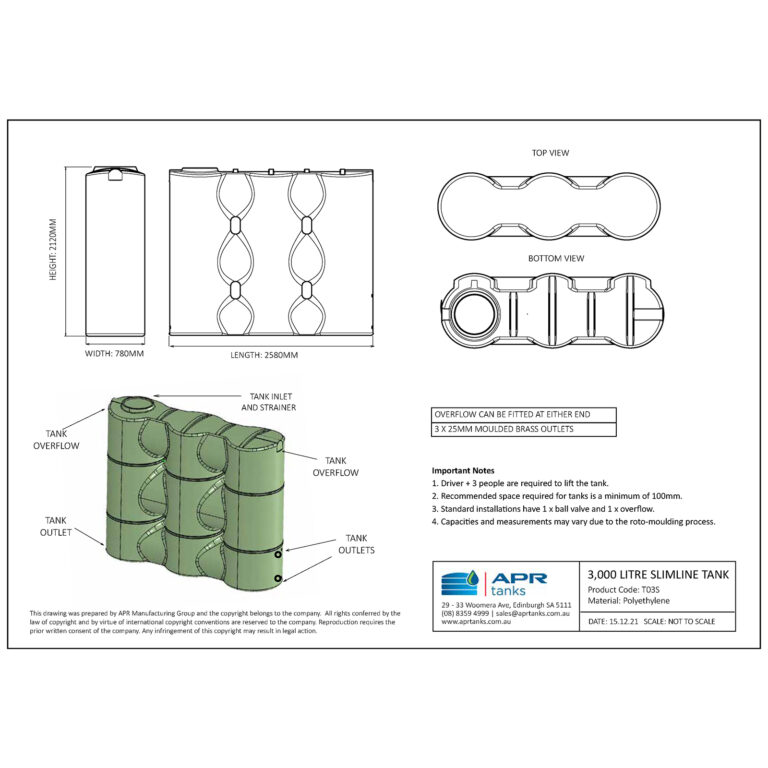Slimline Water Tanks: Stylish and Practical for Modern Residences
Slimline Water Tanks: Stylish and Practical for Modern Residences
Blog Article
Discover the Value of Rainwater Containers for Lasting Water Preservation Efforts
In the world of lasting water conservation, the usage of rainwater storage tanks stands as a crucial practice that benefits better evaluation. The importance of rainwater storage tanks goes beyond plain storage; it embodies a proactive approach towards ecological stewardship and source management. By checking out the multifaceted benefits of rainwater harvesting, a profound understanding of its possible effect on water preservation initiatives emerges. With a lens of usefulness, environmental awareness, and communal health, the assimilation of rain containers reveals a tapestry of interconnected advantages that prolong far beyond the surface.
Benefits of Rain Tanks
Using rain storage tanks supplies a practical service for sustainable water administration by using nature's sources effectively. Rain storage tanks accumulate and keep rainwater that drops on roofs, which can after that be used for numerous non-potable objectives, such as irrigation, cleaning clothes, flushing toilets, and even for some drinkable uses with proper treatment. Among the key advantages of rainwater containers is the reduction of need on mains water, particularly during dry seasons or droughts.
Environmental Effect of Rainwater Harvesting
Rainwater collecting via the usage of storage tanks offers a sustainable water monitoring technique with positive environmental effects. By catching rain, this technique helps minimize the demand for mains water supply, consequently easing the worry on water treatment plants and decreasing energy usage associated with water distribution.
Furthermore, rain harvesting advertises water conservation and reduces reliance on finite water sources. It lessens air pollution in water bodies by diverting rain far from smooth surface areas where it could choose up contaminants prior to going into rivers. Executing rain containers additionally reduces the strain on communities by reducing the extraction pressure on rivers and streams. Overall, the ecological effect of rain harvesting highlights its importance beforehand sustainable water monitoring techniques.
Rainwater Storage Tanks for Residential Use
Having highlighted the ecological benefits of rain harvesting, the emphasis currently shifts to the practical application of rainwater containers for residential water conservation (Slimline water tanks). Rainwater tanks play a vital role in domestic water management by capturing and storing rain that drops on the roofing system of a residence. These tanks can vary in size and product, offering home owners flexibility in choosing a system that fits their demands
One of the key advantages of using rain storage tanks in residential setups is the decrease in reliance on keys water supply. By gathering rainwater for non-potable uses such as watering yards, cleaning cars, purging toilets, and doing laundry, homes can substantially reduce their general water consumption and utility costs. In addition, rain is generally complimentary from the chemicals found in cured water, making it a better selection for certain family tasks.
Moreover, rainwater harvesting systems can assist minimize metropolitan flooding and disintegration by minimizing stormwater drainage. By catching rainwater in tanks, less water moves into storm drains pipes, decreasing the strain on community water drainage systems throughout heavy rainfall. Overall, integrating rainwater tanks into houses adds to lasting water preservation efforts and promotes self-sufficiency in water administration.

Economic Advantages of Making Use Of Rain Containers
The financial benefits associated with the application of rainwater tanks in residential and commercial settings are substantial and complex. Among the main economic advantages of utilizing rainwater storage tanks is the reduction in water bills. By accumulating and storing rainwater for numerous non-potable uses such as watering, bathroom flushing, and washing, building proprietors can significantly decrease their reliance on keys water system, causing considerable price savings over time.
Additionally, the installment of rain storage tanks can enhance building value. In today's ecologically conscious market, properties geared up with lasting functions like rainwater harvesting systems are commonly more attractive to possible purchasers, commanding higher asking price and faster sale times.
In addition, rainwater containers can aid businesses and property owners click here for more reduce the impact of water constraints and rising and fall water costs. By having a supplemental water resource throughout dry spells or periods of raised water prices, people and companies can better handle their water-related costs and maintain operational continuity. Overall, the economic benefits of making use of rainwater storage tanks make them a sensible financial investment for long-term financial savings and sustainability.
Area Sustainability Through Rain Collection
Thinking about the more comprehensive impact beyond private benefits, the integration of rainwater collection systems in areas plays a crucial function in promoting environmental sustainability and resource monitoring. Area sustainability through rain collection initiatives not just help in minimizing the pressure on municipal water resources yet likewise aids in mitigating the impacts of urbanization on local water supply. By mounting rain containers in public buildings, parks, and common spaces, neighborhoods can reduce their dependence on central water sources, leading to a much more resistant water throughout droughts or emergency situations.
Moreover, community-level rainwater harvesting fosters a sense of collective obligation towards water preservation. It encourages residents to proactively take part in lasting practices, promoting recognition regarding the relevance of water conservation and eco-friendly stewardship. Slimline water tanks. Via educational programs and outreach efforts, neighborhoods can encourage people to make educated options about water usage and monitoring, leading the way for lasting ecological sustainability. Ultimately, area sustainability via rain collection not only benefits the here and now generation but also makes sure a more lasting Continued future for generations ahead.

Final Thought

Report this page